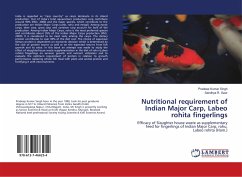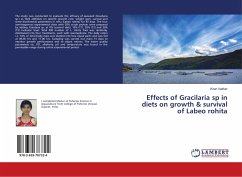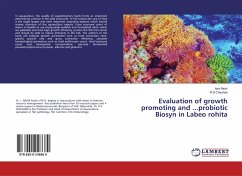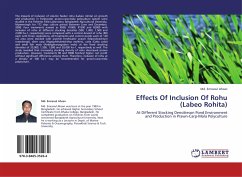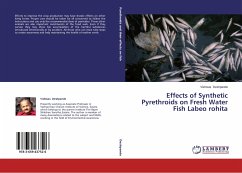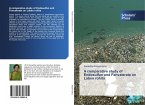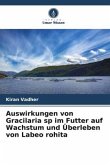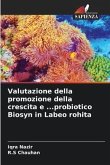India is regarded as "carp country" as carps dominate in its inland production. Out of India's total aquaculture production carp contribute around 90% (FAO, 2000) and the major species, which contribute to the production are Indian Major Carps (catla, rohu and mrigal). Among exotic carps, silver carp, grass carp and common carp account for bulk of the production. Among Indian Major Carps, rohu is the most preferred species and contributes about 35% of the Indian Major Carps production (FAO, 2000). It is considered to be most tasty among the carps. The dietary protein contributes to over 60% of the diet cost. The choice of expensive dietary protein is dependent on economic decision which is determined by the cost of protein source as well as on the expected returns from fish growth and its value. In this book an attempt was made to study the effect of slaughterhouse waste supplementation in the diet of rohu (Labeo rohita) fingerlings on survival, growth and nutrient utilization and to evaluate the optimum requirement of protein in relation to growth performance replacing whole fish meal with plant and animal protein and fortifying it with micronutrients.
Bitte wählen Sie Ihr Anliegen aus.
Rechnungen
Retourenschein anfordern
Bestellstatus
Storno

